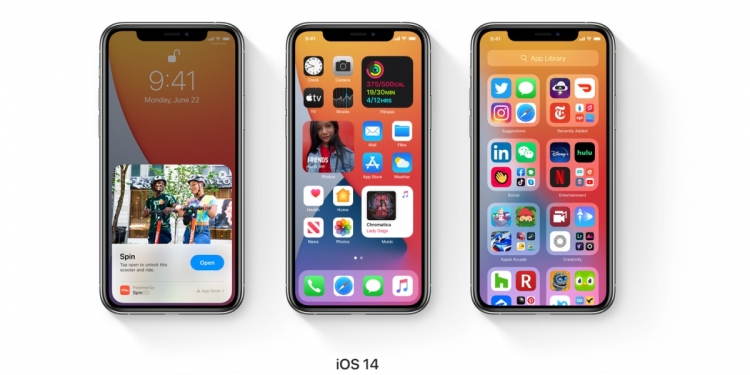When Apple announced iOS 14 for the iPhone (and iPadOS 14 for iPads), one of the bigger changes was the redesign of how widgets work. Previously, widgets were limited to your “Today View” menu; iOS 14 users can now place their new widgets anywhere on the homescreen.
However, a rumour has since surfaced—and gone viral—on social media platforms. Does iOS 14 put your personal data, your passwords and private information, at risk?An example would be the following Tweet, which has 10.9k reshares and 14.3k likes at the time of writing:
Is this true?
The accusation being levelled here is that iOS 14 widgets compromise the security of your personal information, such as passwords. Upon updating to iOS 14, users report that a notification is pushed that warns that their passwords may have been involved in a data breach.
Additionally, the original poster in the image above also claims that their keyboard began to “lag” and didn’t display characters in real-time—alleging that these were “all signs of a key logger”.
However, 9to5Mac has since clarified that this is not accurate. According to the report, data breach warnings are part of a new feature on the iOS password manager, and potential breaches may have happened prior to updating. Additionally, it is simply impossible for iOS 14 widgets to access your keyboard information. A purported iOS developer has denied the allegations, arguing that the sandboxed nature of iOS apps and Apple’s API restrictions mean this “isn’t possible”.
iOS dev here – something like this isn’t possible, iOS runs apps in a sandboxed environment and most OS level usage needs to go through UIKit or apple written API. Also, Key loggers are pretty difficult to write and not detect, apple looks for this stuff in their review process.
— Sid (@sidvermaovo) September 28, 2020
The post makes specific reference to Widgetsmith, a widget that helps you customise and tailor your home screen and widgets to your liking. Developer David Smith has also debunked the myth, saying that it is “technically impossible”:
“For Widgetsmith I can state categorically and absolutely that this is not true. Leaving for a moment that I don’t think that is technically possible for a widget to read the keyboard.”
Issues such as laggy performance can be due to several reasons, in any case. For example, you may be running out of storage, or it may be a bug in the OS—iOS 14 only recently became officially available, after all.








